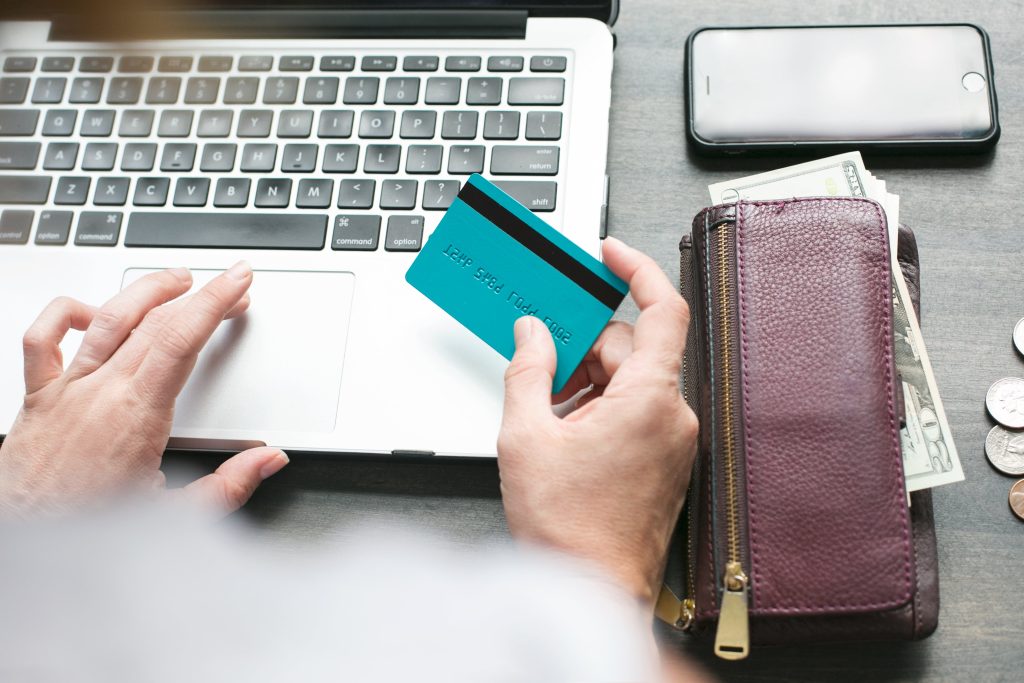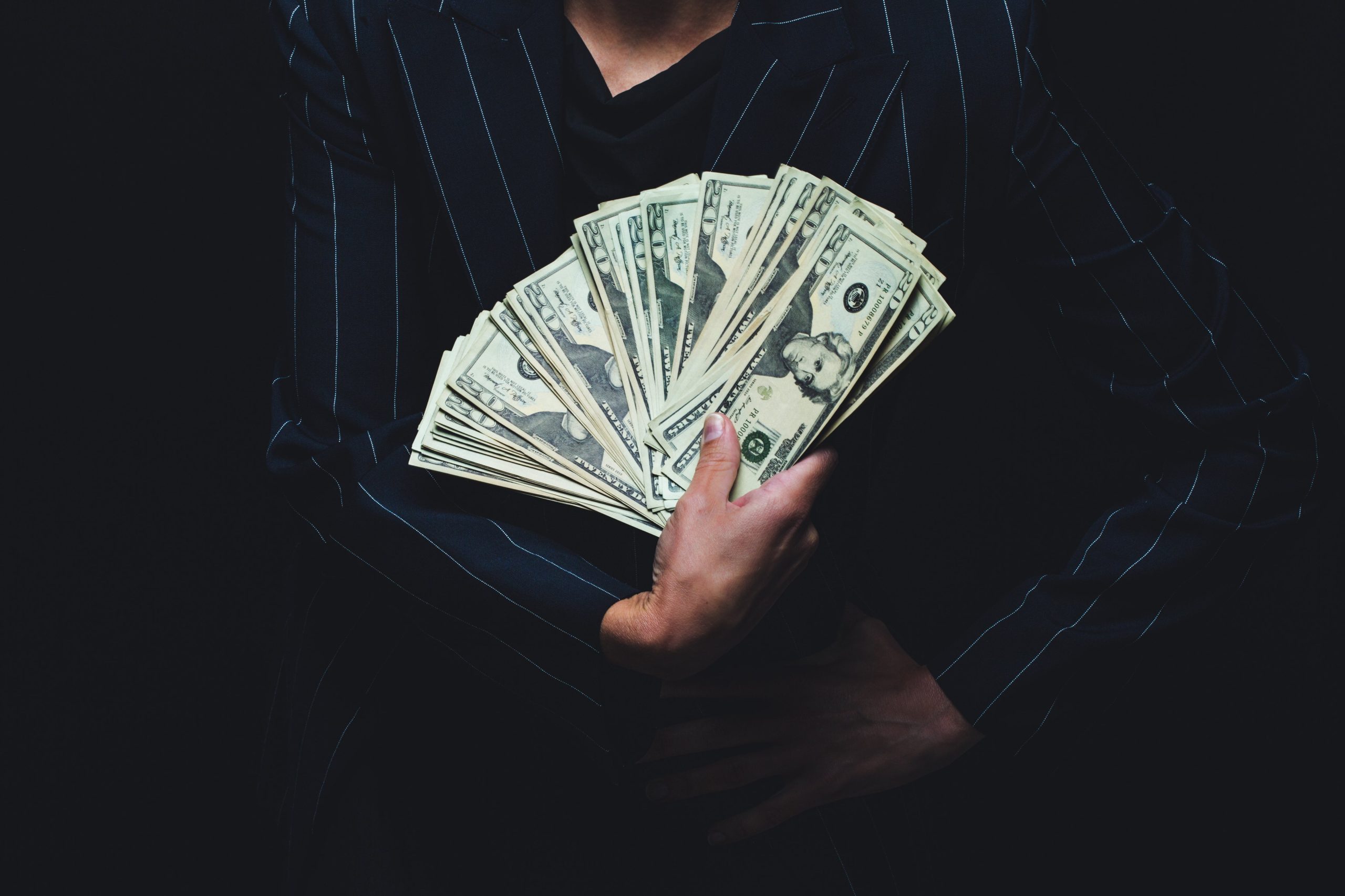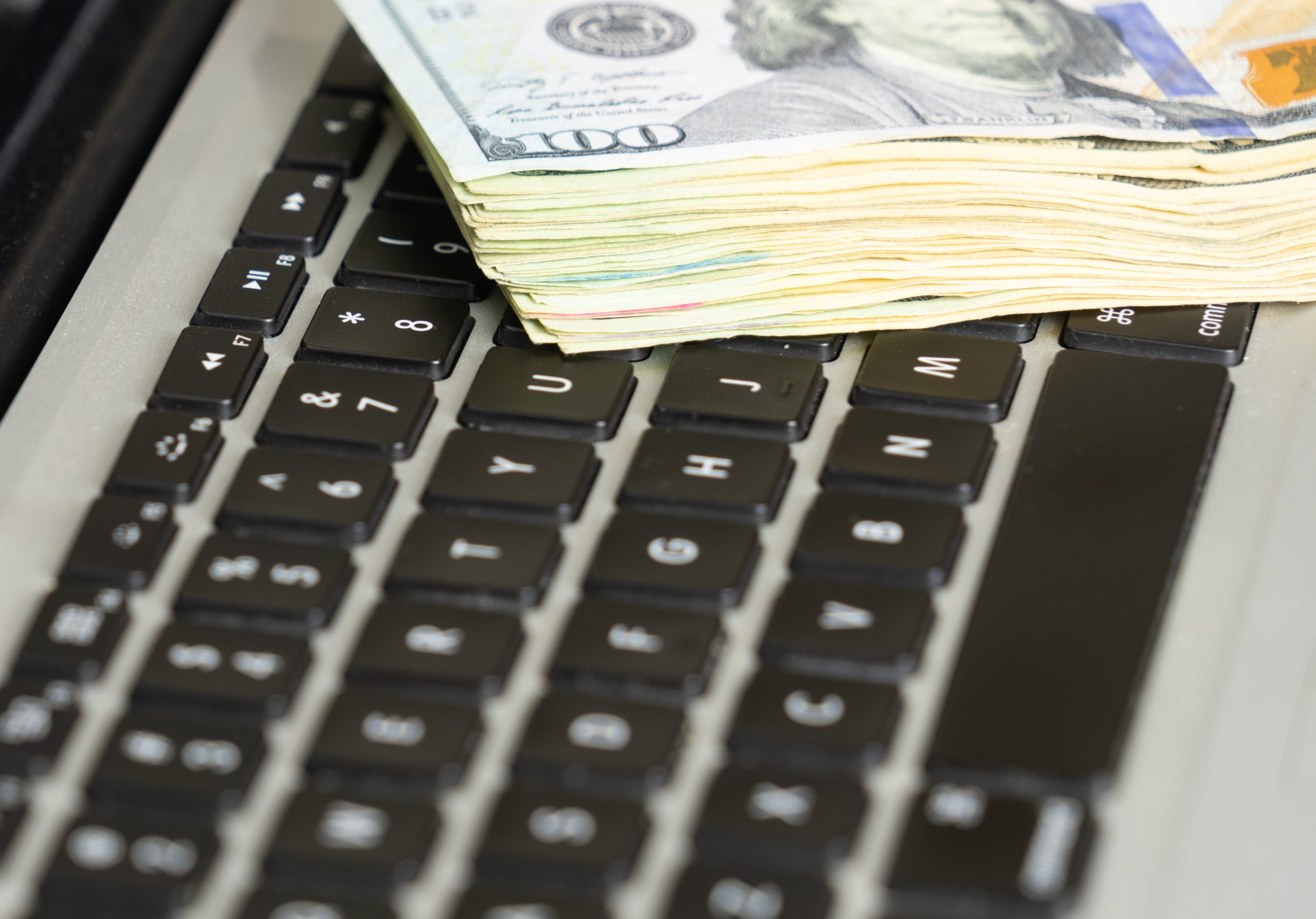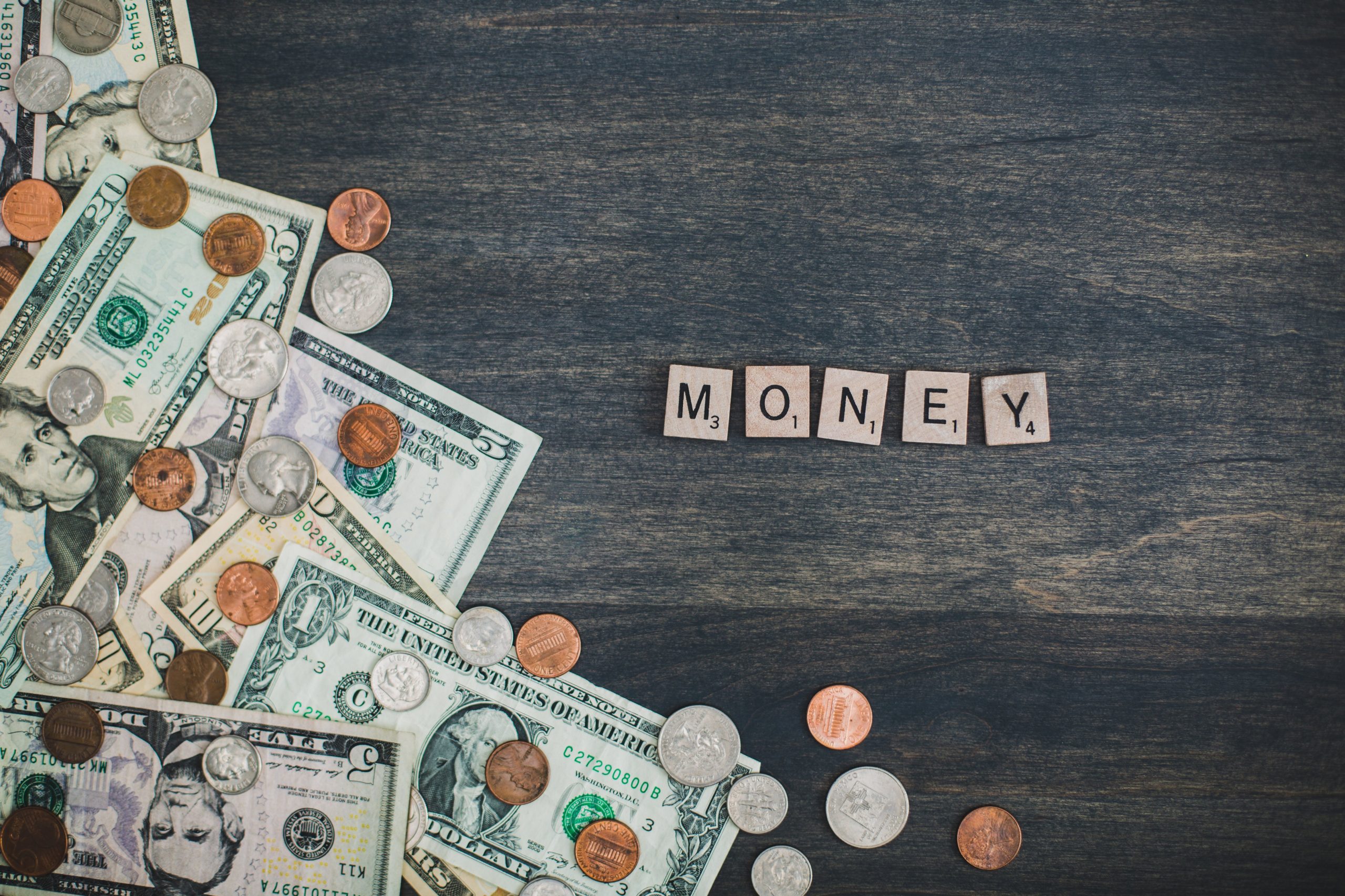The Optimal Time for Paying Your Credit Card
More than you acknowledge, your timing when paying a credit card bill is very important.
You probably are aware of the need to pay your credit card bill before due date every month so as to avoid late fees or penalties. However, do you know when it is best to make your payment?
The perfect time of making a payment depends on several factors including your financial situation, the objectives you have set for your credit score and the issuer’s policies in place. But one thing remains clear –never be late with payments.
This is what you should think about every month while deciding on the best time to pay your credit card bill.
Key Pieces of Advice
Sometimes paying off your balance before it is reported to the credit bureaus may help increase a person’s score on their credit report.
In case individuals make payments within the due dates themselves then they can avoid hefty fees from being late and related annual percentage rates applied if any.
It may be an option that will not earn you interest but making early payments toward improving one’s debt rating instead of waiting until the last minute could be more effective.
Knowing Credit Card Billing Cycles
When you charge purchases using a credit card, you don’t have to pay off everything right away. You’ll receive statements at regular intervals, and the period between each statement is generally known as billing cycle which often has duration lasting between 28-31 days.
Here Is What Happens During Your Billing Cycle:
Your statement closing date refers to when each billing cycle concludes. Here, transactions conducted over 28-31 days since (depending on how long this particular billing cycle lasts) previous statement was issued and all transactions during this current cycle will be summed up through a bank statement made by such an entity as this which acts as its issuer.
Issuance of your statement will also involve display of balance shown in that up-to-date account as reflected on the closing date. Post statement charges will appear in your next bill. Moreover, relevant costs like interest rates and fees will be included within.
The cutoff date which you are supposed to remit your payment appears on the first page of your report every billing month. There are no interests charged on any purchase made after that day but if you can clear everything by then, you won’t see an additional charge accruing.
Balance reporting is done at one point through every billing cycle by credit card companies to three major credit bureaus (Experian, TransUnion, Equifax). This process is known as the report date.
For some issuers this could coincide with that last day while others might choose not to share it until later than that or upon earlier occasions before its time comes around. The timing depends on various card providers.
Why Timing of Payment Matters
You have a lot of flexibility in when to make your payment because, as long as it occurs at least 21 days after issuance of statements, the due dates for such payments are required by law to be set at a minimum period of three weeks.
Strategically deciding when paying your cards can enable you utilize your funds more efficiently. Paying at the best time:
Reduces expenses relating to late payments;
Allows you not only free credit for about one month but also makes things easier financially by enabling choice of suitable times to pay up instead.
Help you secure a good credit score by having your timely payments reported by your creditor.
However, there’s no universal answer to the best time to make a credit card payment. For some, paying early is optimal, while others may benefit more from paying close to or on the due date.
When do you pay off your card in advance?
Paying off your credit card before its due date can be advantageous in many cases. There are numerous instances of when this might be appropriate:
Avoid interest charges
The average US credit card interest rate stands at 21.51% as of May 2024 according to the Federal Reserve Bank of St. Louis. Since the cost of borrowing with a credit card is high, it is always better not to have it than to have it.
However, even though you have until the due date to pay off your balance and avoid any interest charges, paying early may save you some trouble if something came up before the due date and prevented you from being able to clear the debts in full that will lead into instant interest on anything outstanding from previous billing cycle.
A single month’s worth of interest could be costly; for instance, if one had $5,000 owed on a card with an APR of 21.51% and carried forward unpaid balance after end of billing cycle then one would owe $89.16 for that particular 30-day period which is huge amount being paid just for nothing.
Avoiding Late Fees And Penalties
An early payment will also prevent late fees or penalties should unexpected circumstances cause delays till after the deadline set for payment.
Many great cards do not charge penalties for non-payment within their grace periods; yet others do so The average penalty fee totals $32 Although since March 2024 late fees are now capped at $8 per incident by the Consumer Financial Protection Bureau (CFPB), this rule has not yet come into effect at writing However, it is always better to avoid unnecessary charges.
Additionally, late payments can cause you to have a penalty APR which is a higher interest rate that usually lasts for at least six months. You will receive a 45-day advance notice before the penalty APR becomes effective according to the CARD Act of 2009. Nevertheless, most card issuers will not use a penalty APR until one’s payment is at least sixty days overdue.
A good credit score already has high interest rates so it isn’t worth risking being late with your payments. This risk can be avoided by paying early.
Maintain A Low Credit Utilization Rate
Your credit utilization ratio, an important aspect of your credit score, shows how much of your available credit you are using. For example, if you have $5,000 in available credit and a $1,000 balance, your utilization ratio is 20%.
High utilization may mean over borrowing; as such this ratio should be kept below 30% of your credit limit.
However since it is your card issuer who determines the balance used in gauging your usage ratio on reporting date then paying ahead of time on that day ensures that lesser amounts are documented as owed thus inhibiting any damage to the rating you possess.
Improved Planning Of Payments
When deciding the best time to pay one’s bill, it is not only about when the due date set by their creditor falls but also about their financial goals.
You could choose to make an early payment since your paycheck arrives early enough before the due date and you may want to pay off lenders instead of using it elsewhere. Alternatively, you might wish to avert the danger of paying late by avoiding unanticipated expenditures at the time of your due date.
When should you hold till the due date?
There are some situations where waiting until the due date is better when paying for your card:
No Money To Pay Early
If you are working from hand to mouth and don’t have money to pay earlier, then wait until closer to your due date so that you can have some time to make more money.
Prioritizing Other Financial Goals
These cards have a no interest charge during your billing cycle and until the due date, enabling you to appropriately allocate your money elsewhere.
Instead of paying off early, you could decide to focus on other financial goals first e.g. saving for an emergency fund before finally clearing your credit card bill towards the end of the month.
As long as you meet the required payment by the due date, prioritizing others is acceptable before paying for your credit card.
Promotional Interest Rates
Many credit cards give promotional interest rates especially for new cardholders. For instance, you may be given 0% rate on purchases for first 12 months or obtain a 0% rate on balance transfers between 12 and15 months.
In this case, if you are taking advantage of promotional rates there is less reason to pay it off early because no interests are being charged to it.
Low Credit Utilization
Paying off all balances could lead to zero balance reports at credit bureaus. In some scoring models, this can make it seem like you aren’t using your card which might damage your credit score.
To be clear here one should not keep carrying over balances but instead pay in full before reporting date may not help as much as maintaining low utilization ratios would do in terms of improving their scores..
Why You Should Avoid Late Payments
While both early payments and timely payments are great things; there are many reasons why late payments can be disastrous:
Late fees are around $32 on average.
A penalty APR might occur.
Your payment history is directly associated with FICO credit rating and therefore any late fee will remain there up to seven years as damaging marks against you.
If you think that you might be late then immediately call your issuer now. Perhaps they can arrange a repayment plan or put into place temporary forbearance programs that could reduce its impact on your report card altogether..
So, When Is the Best Time to Pay a Credit Card Bill?
Both early and on-time payments are advantageous as shown above. To determine what’s best for you, consider the following:
Observe your paycheck schedule together with other financial goals that will tell when you will have the funds. You must pay on time if can’t pay ahead.
Decide whether to prioritize paying off your card or addressing other financial goals. If you have more important objectives then waiting until the deadline could be okay.
Therefore, you should find out from your credit card company its’ reporting date so that you understand when bureaus get your information. In case of high utilization or 0 balance during that period, it is very helpful to repay some part before this date.
Tip: You don’t have to make a lump-sum payment. For instance, there is something known as 15/3 rule where one pays a fortnight earlier prior to the month end then another three days just before the expiry date in order to boost FICO rankings. Not everyone believes this will work though.
The most important thing is never late payments that bring charges and harm your credit score possibly.






